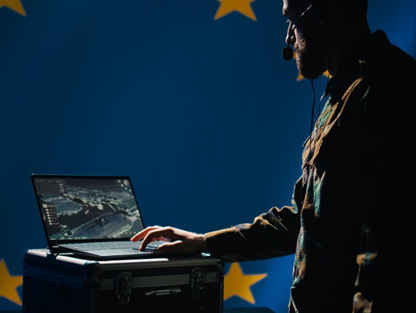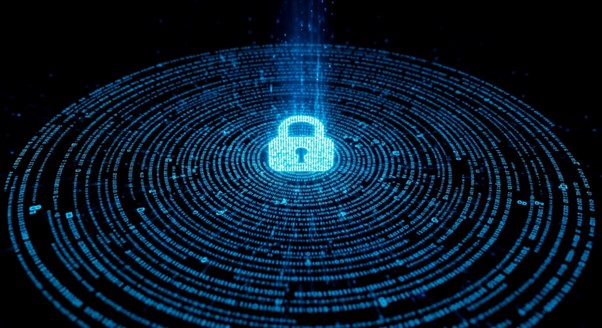
CCLAB's operation is smoothly ongoing at 100% capacity
1
min reading time
As soon as the news started to come out regarding COVID-19 pandemic situation, CCLAB has immediately acted and we introduced some urgent measures.
Our professionals have found a secure and comforting way to provide a protected IT environment to support our day-to-day operation.
Since the beginning of this week, CCLAB employees are working from home, using the latest technologies on the highest security level.
Not just our people, but all the data we work with are safe and sound.
As soon as we experience any other issues affecting our operations, we will send an immediate note to our clients and partners.
Until then, we are fully at your disposal.
Related downloadables
Related downloadables


Common Criteria Evaluation Process infographics
Common Criteria Evaluation Process infographics
This downloadable infographics introduces the Common Criteria Evaluation process to you. Explore now for free.


Guide and Checklist for Common Criteria Evaluations - updated with EUCC Scheme
Guide and Checklist for Common Criteria Evaluations - updated with EUCC Scheme
Learn everything you need to know for a successful Common Criteria certification project. Save costs and effort with your checklist.


Checklist for Swiss Smart Metering Cybersecurity Evaluations
Checklist for Swiss Smart Metering Cybersecurity Evaluations
Get your FREE A-Z supporting material for smart meter security standards. Learn more about the Swiss METAS data security evaluation projects of smart metering devices.
Related news

Understanding EUCC Assurance Levels: What “Substantial” and “High” Really Mean for ICT Security
This article provides a strategic guide to the new EUCC assurance levels, explaining what "Substantial" and "High" certifications actually mean for your market access. It demystifies the critical shift from simple EAL numbers to risk-based vulnerability analysis (AVA_VAN), detailing exactly which products require advanced penetration testing versus basic surveys. You will learn how to map your device to the correct assurance category, navigate the new mandatory lifecycle and patching requirements, and avoid the costly trap of over-engineering your compliance strategy.
5
min reading time

Implementing EUCC: What High-Assurance Certification Requires Beyond Traditional Common Criteria Approaches
This is a comprehensive overview of the transition to EUCC (European Common Criteria-based cybersecurity certification scheme). It effectively highlights the shift from the old, fragmented SOG-IS approach to a unified, risk-based framework under the Cybersecurity Act.
8
min reading time

Cyber Resilience Act & EUCC Explained: Key Differences, Overlaps and Compliance Pathways
As the 11 September 2026 reporting deadline approaches, understanding the Cyber Resilience Act (CRA) is essential for all manufacturers of digital products. This blog post explores the key differences and overlaps between the CRA and the EUCC certification scheme, providing a clear roadmap for compliance, risk categorization, and long-term market access.
9
min reading time
